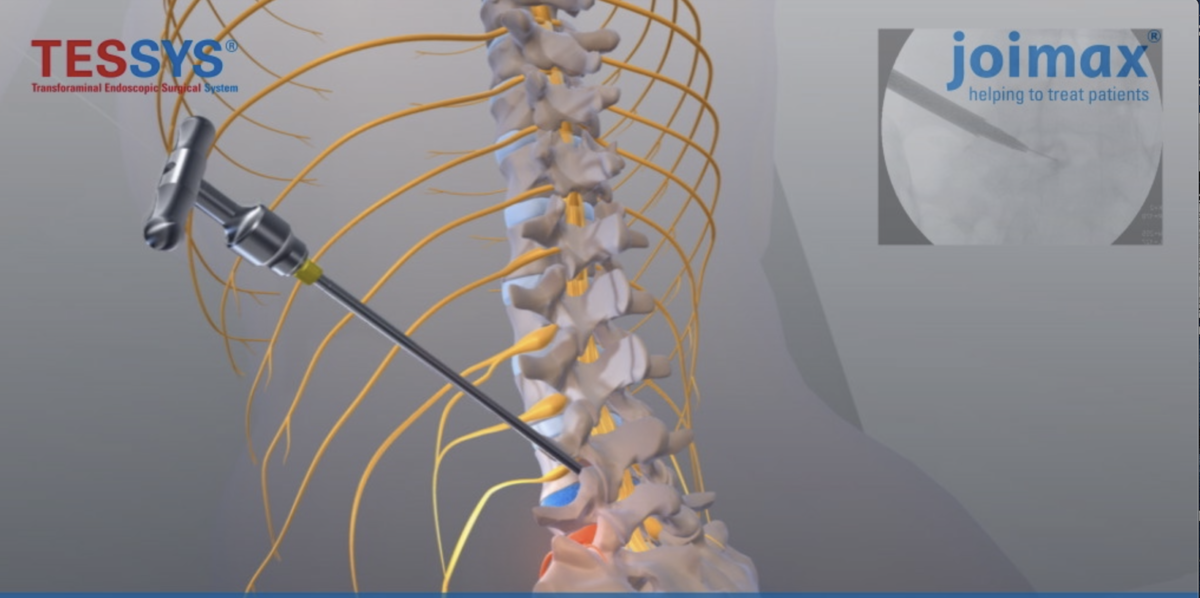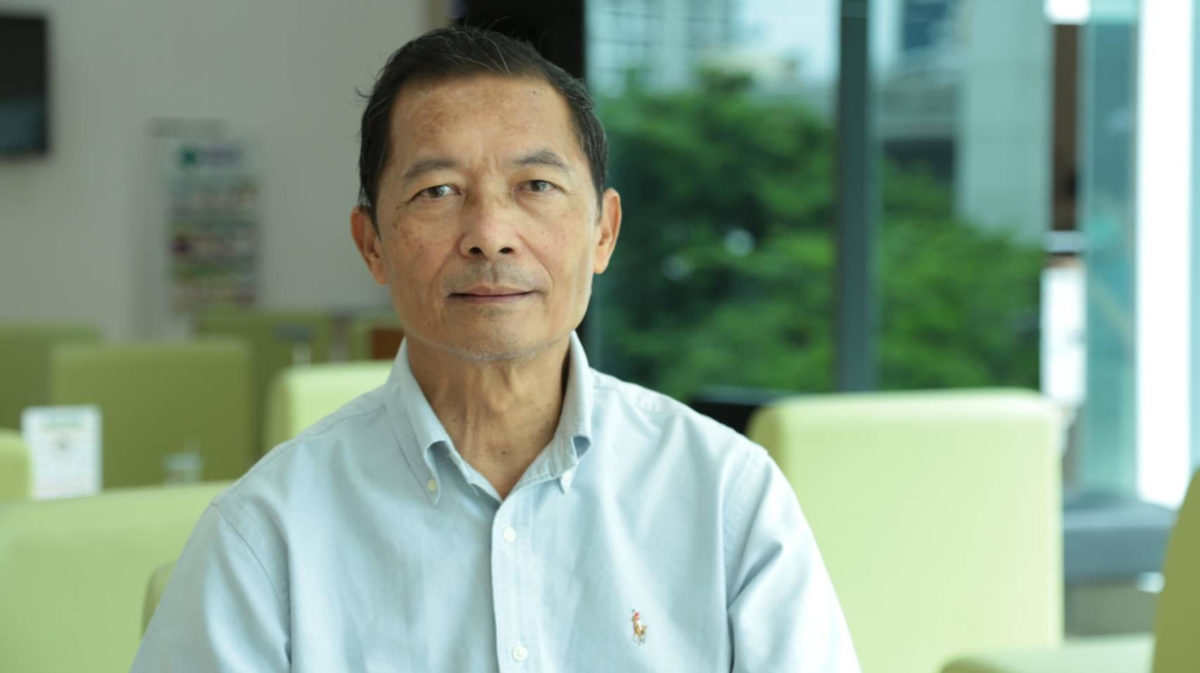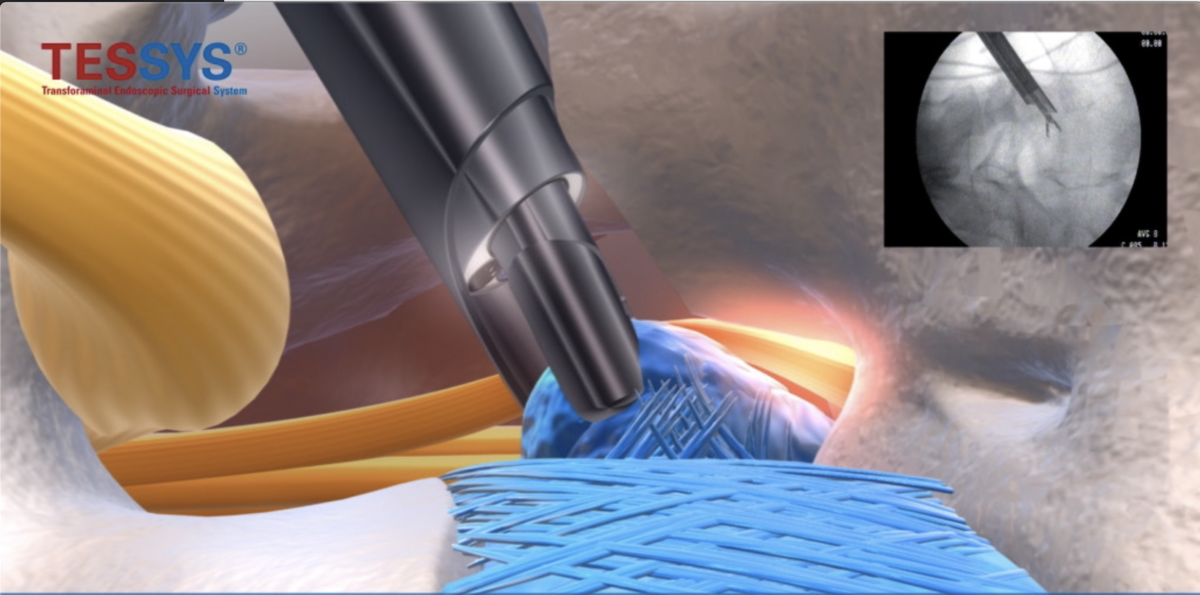
The risks of herniated discs
At Sukumvit Hospital, professionals use minimally invasive surgical technology to treat herniated discs so patients can live a painless, worry free life.
Nowadays, advanced medical technology has allowed people to live longer. Many individuals now retire at a later age (60 to 75) as they still have the capability to enjoy various activities, exercise, and travel, making their lives more comparable to those of working age. However, this can also make them forgetful about prioritising their health. Particularly the back muscles and spine, which are no longer as strong and flexible as before since one’s physical condition naturally deteriorates with age. As a result, the muscles, nerves, and tendons become more at risk of injury, whether from bad posture or overexertion during exercise.
In the case of Khun Suraphon Narangsin, a retiree aged 62 years old, he had been exercising regularly since he was a young man, which helped him remain healthy and strong as he grew older. He often spent weekday evenings doing yoga and walking, and he would spend weekends road cycling and even mountain biking on occasion. One day, Khun Suraphon began experiencing pain in his left leg with no idea what was causing it. He assumed it was muscular inflammation from rigorous exercise and began taking pain medication. However, after taking 3 tablets but no feeling of pain relief, he decided to visit a doctor at another hospital.
After receiving Xray and MRI results, doctors found that two spinal discs had been reduced to half their normal height. As a result, the discs were pushing onto his nerves, causing serious leg pain.
The initial recommendation was to undergo physical therapy in conjunction with taking medication, but after two days, the pain got so unbearable that he had to ask for stronger pills and injections. He then got a consultation from a different hospital, where he was advised to get standard back surgery that involves inserting screws into the bone. However, Khun Suraphon expressed his concerns about major surgery and sought out alternatives.
At this point, his pain rapidly increased to the point where he could barely move or even stand up to urinate on his own. His family searched the internet to try to find answer. During their research, they stumbled across Sukumvit Hospital’s comprehensive treatments and decided to make an appointment with Dr. Poonsak Artamnuayvipas, an Orthopedic Surgeon. The minimally invasive full endoscope discectomy makes the job easier…

Dr. Poonsak, had made a very specific diagnosis:
“The patient had severe back pain and pain in the left leg. Usually, Khun Suraphon is an active person, exercising frequently. However, five days before he began experiencing symptoms, he described how he was exercising very hard and began to feel pain in his back. After he visited a doctor at another hospital, they found that his discs were herniated. When I saw the nature of the fracture with the MRI results, I felt the case was complicated because Khun Suraphon was probably experiencing spinal degeneration. Two spinal discs, which are usually 11mm high are now only 6mm. These discs, three and four, were also fractured into two to three large segments quite severely.
Luckily for Khun Suraphon, advancements in surgery allowed us to remove these fragments without the need for an invasive procedure. We decided to go ahead with a full endoscope discectomy, which involves making a small incision, shining a camera down into the spine via a small tube, and removing the fragments without damaging the surrounding tissue. It has many advantages, including short recovery times, minimal scarring, and it preserves the spine’s mobility. After surgery, Khun Suraphon no longer experienced pain, he could stand up and walk around in a few hours, proving that this new technology is a successful, minimally invasive alternative.”
A word of advice from Khun Suraphon:
“I would like to offer advice to friends of the same age, to the younger generation, to those who suffer from chronic pain, and those exercising rigorously: please seek treatment early.
I recommend Sukumvit Hospital as it is affordable, the initial diagnosis costs very little, and you can figure out the root cause of your problems quickly so you can resolve any potential issues, with or without surgery.”

SUKUMVIT HOSPITAL
1411 Sukhumvit Road (Ekkamai BTS) Phrakanong Nua, Wattana, Bangkok, Thailand 10110
Tel: 02 391 0011 www.sukumvithospital.com Facebook: @sukumvithospital





